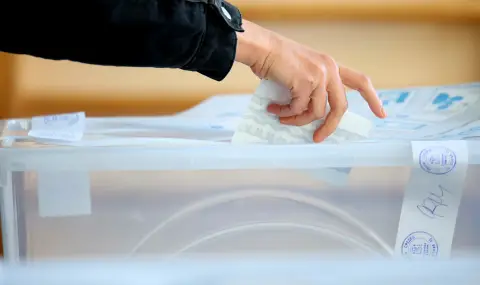Exit poll data give an interesting picture of the type of voter who went to the polls yesterday. This is what sociologist Janitsa Petkova from "Gallup International Balkan" told BNR.
The type of voter of PP-DB is much more youthful compared to that of GERB-SDS. When voting for GERB, graduates and people with secondary education are divided almost equally, for PP-DB nearly 71% of voters have a higher education. There are also a majority of graduates in other political forces.
The vote for DPS is more youthful – A new beginning for the Alliance for Rights and Freedoms, the sociologist explained. The main vote for DPS – A new beginning comes from villages and small towns, according to data from Gallup. In APS, 80% of the vote comes from the villages. This structure shows how the electorate of the until recently unified DPS is divided between the two leaders, noted Petkova.
Of all those who voted yesterday, 5% are Roma, the sociologist specified.
The voters of "Revival" and MECH are largely similar, part of their vote is protest. "Revival" manages to build up and keep a solid electorate on which it relies. MECH received votes from both "Vazrazhdane" and "Velichie", they were also supported by people who until now preferred "I don't support anyone", commented Janitsa Petkova in the program "Horizon do Oed". According to her, the vote for MECH is colorful, but clearly protest.
Most voters of "Revival" are men aged 31-60, with a 54% share of university graduates, predominantly residents of larger regional centers and cities. In MECH, a dominant male vote was also registered.
Younger people vote for ITN – 53% of those who voted for them are university graduates, and 42% with secondary education. ITN gathers support from regional centers and smaller towns.
Young female graduates living in the capital or regional center – this is what the profile of voters who mark "I do not support anyone" looks like.
